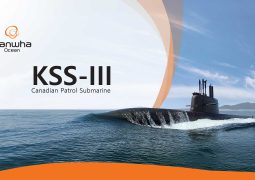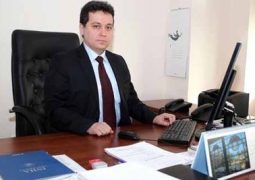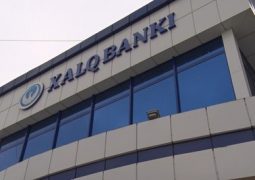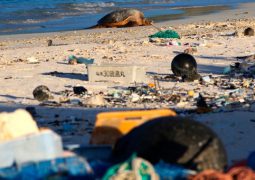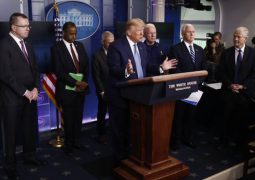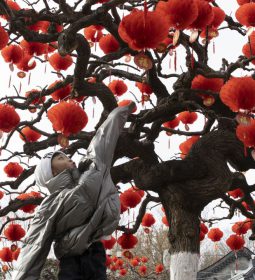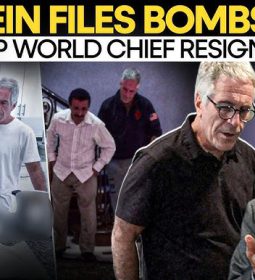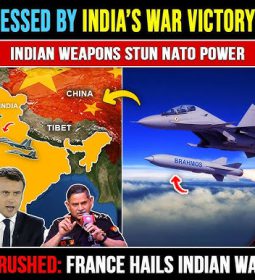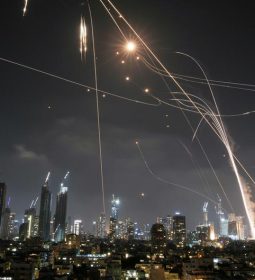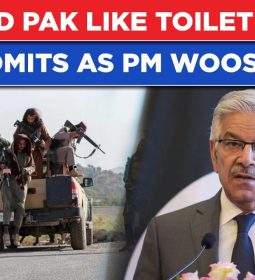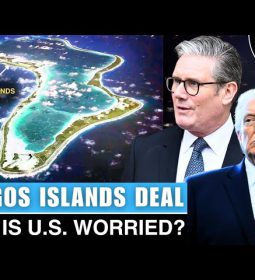Abdullah Öcalan will be free, PKK will be in Turkish parliament and Kurds will disarm

In a momentous development poised to reshape the political and security landscape of the region, the Kurdistan Workers’ Party (PKK) has officially declared its dissolution, bringing an end to more than four decades of armed struggle against the Turkish state.
The decision followed the organisation’s 12th Congress, convened last week, and was confirmed in a formal statement released on Monday.
“The 12th PKK Congress has decided to dissolve the PKK’s organisational structure and end its method of armed struggle,” the group said, marking what may be the most significant shift in Kurdish-Turkish relations in a generation.
In an exclusive interview with The New Arab, Zagros Hiwa, spokesperson for the Kurdistan Communities Union (KCK)—the PKK’s broader umbrella structure—spoke at length about the implications of the group’s disbandment, its expectations of Ankara, and the uncertain trajectory of the Kurdish movement’s political and military structures.
A shift towards peace
Asked whether the PKK and KCK were prepared to lay down arms, and under what conditions, Hiwa framed the development as the continuation of a peace initiative long championed by PKK founder Abdullah Öcalan.
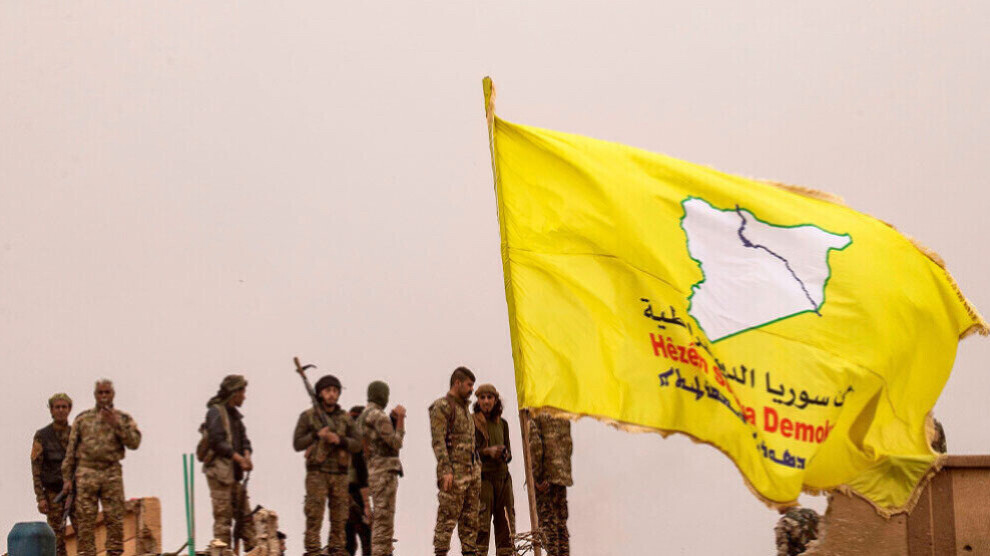
“We are talking about a process that People’s Leader Abdullah Öcalan has initiated,” Hiwa stressed. “He has taken the initiative, declared that he is ready to manage this process and to transfer it from the dimension of armed struggle to a democratic and legal dimension.”
Öcalan’s call for peace and a democratic society, issued on 27 February, was immediately ratified by the PKK and now serves as the framework for the current phase of political engagement.
“First of all, it is about putting an end to the method of military struggle against the Turkish state. What we expect from the Turkish state—both the government and the inner-state opposition forces—is that concrete democratic and legal reforms are implemented,” Hiwa said.
At the core of these demands is the release of Abdullah Öcalan, who has been imprisoned on İmralı Island since 1999, and broader constitutional reforms to recognise Kurds as equal citizens of the Turkish Republic.
“Above all, we expect People’s Leader Abdullah Öcalan to regain his physical freedom and to be guaranteed the conditions to work freely and in secure and healthy conditions,” Hiwa added.
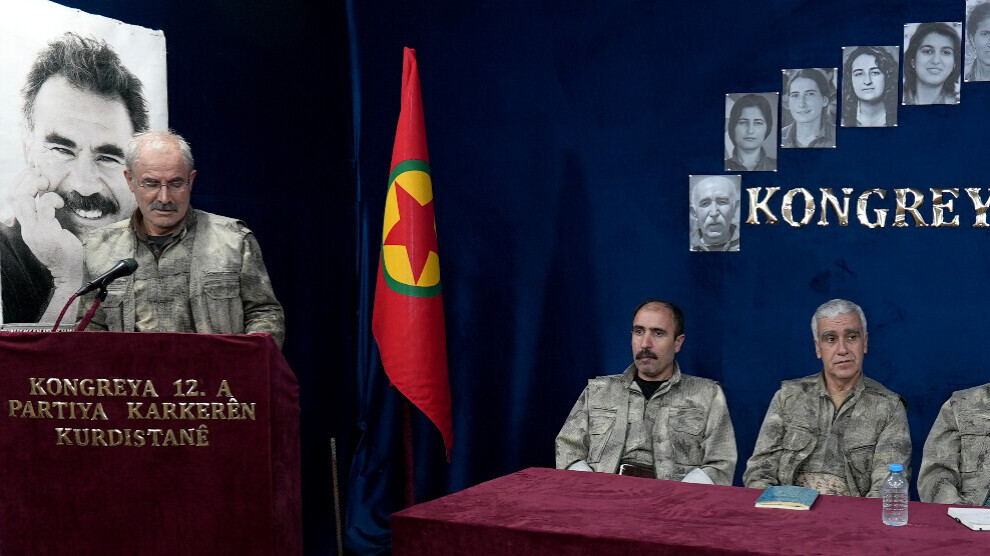
On whether a new political structure would emerge to replace the PKK or whether the movement aimed to establish a form of recognised autonomy in northern Kurdistan, Hiwa said it was too early to draw definitive conclusions.
“The PKK and its struggle mark a milestone in the century-long struggle of the Kurdish people for the recognition of their most fundamental rights. Now a new page is being turned,” he said. “The PKK’s fifty-year-long struggle has prepared the grounds for this to continue in new ways. For the time being, this is only the start of a new step, and accordingly, little concrete can be said at this early stage.”
The future of the group’s military presence in Iraq’s Kurdistan Region—referred to by the PKK as the “Media Defence Zones”—also remains uncertain. Hiwa said no formal agreements had yet been reached on whether these areas would be evacuated as part of a peace process with Ankara.
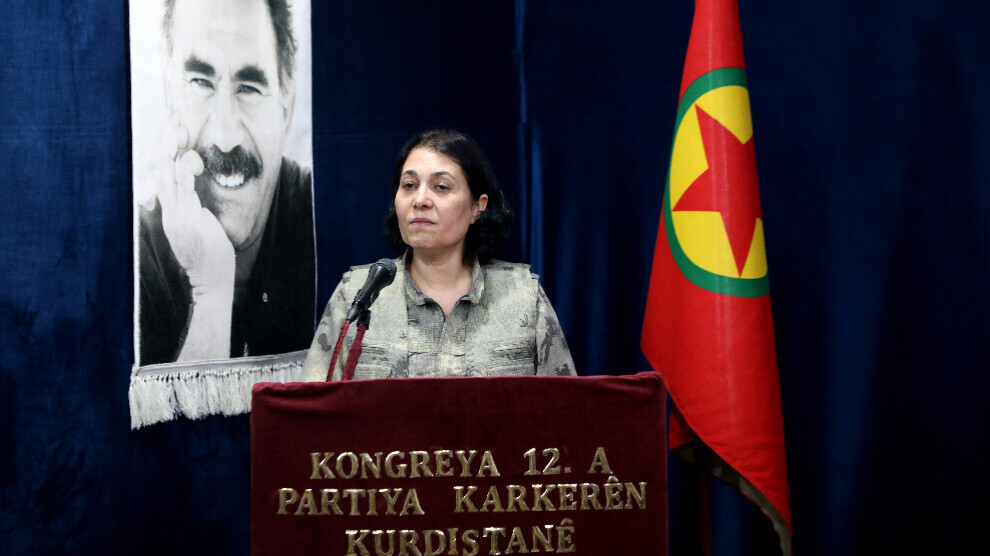
“This can only be assessed more concretely once the process has reached a more advanced stage. It must be emphasised that there are as yet no concrete, firm agreements with the Turkish state, either verbal or written,” he said.
Turkish military actions continue
Hiwa also criticised the Turkish military for continuing operations despite the PKK’s declaration of a unilateral ceasefire on 1 March.
“Not only have the attacks by the Turkish military continued since its irregular operation in 2019, but it has significantly intensified its actions in both northern and southern Kurdistan following Öcalan’s call on 27 February,” Hiwa said.

He alleged that on the very day the PKK announced its dissolution, Turkish forces declared military exclusion zones in Şırnak and Hakkâri and launched new operations in those areas. He also alleged that the Turkish military continues to employ chemical and other prohibited weapons in its operations against PKK fighters.
“These attacks are an obstacle to the unfolding process,” Hiwa said. “Since 1992, the attempts of People’s Leader Abdullah Öcalan to solve the Kurdish question and push forward democratisation have always been confronted with sabotage by those who profit from continued conflict.”
Pressed on the fate of the PKK’s guerrilla forces and whether a general amnesty or relocation to a third country might be sought, Hiwa said that would depend entirely on the Turkish state’s response to the peace initiative.
“It is in the hands of the Turkish state to approach the Kurdish question appropriately
and take upright, concrete steps in practice,” he noted.

Hiwa also clarified that the presence of Turkish forces within Iraq’s Kurdistan Region had not yet been tabled.
“We are only at the beginning—so far only unilateral steps have been taken by the PKK,” he said. “The points you mention may become a topic of discussion later, but first the Turkish state must give an appropriate response. A process of such historical significance requires seriousness.”
The KCK, which encompasses Kurdish and allied leftist movements across Turkey, Syria, Iraq and Iran, adheres to Abdullah Öcalan’s model of democratic autonomy and multicultural governance. Whether this vision can take root in the absence of armed struggle now depends largely on the Turkish state’s willingness to engage in good faith with what the PKK has described as its final bid for peace.
The PKK has conducted an armed insurgency against the Turkish state since 1984, a conflict that has claimed tens of thousands of lives.
A ceasefire and peace process between the group and the Turkish government broke down in 2015, triggering a renewed wave of violence, particularly in the country’s predominantly Kurdish southeast.
- Previous On 05/15 the Ukranian delegation did not show up for talks with Russians in Istanbul: “Churchil-Zelenskiy” piano player afraid
- Next Israeli envoy protests Japan on Kyoto guest house not letting war criminals to stayn in




